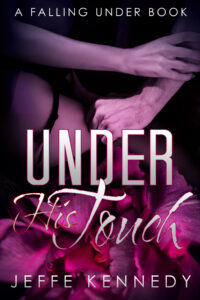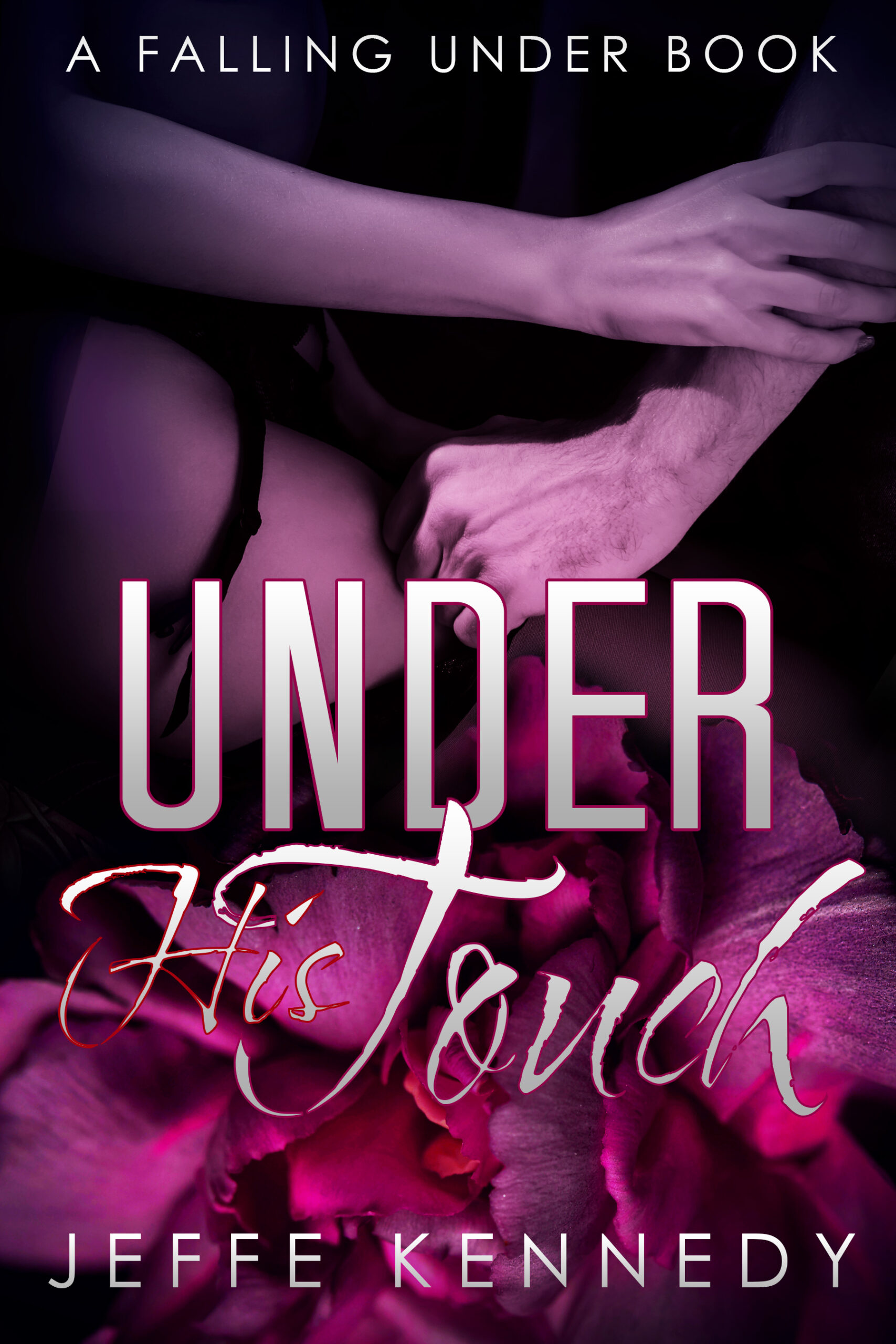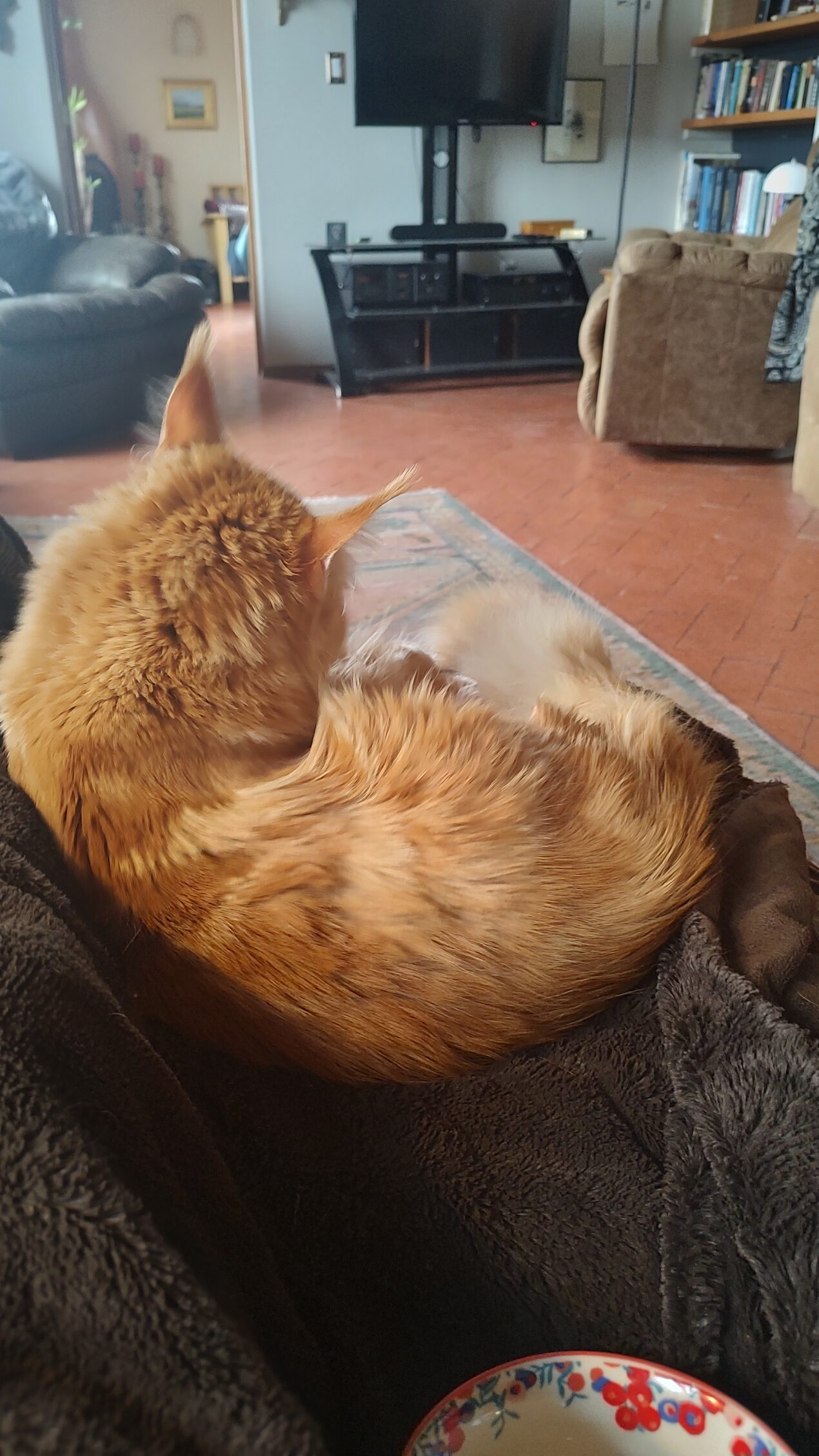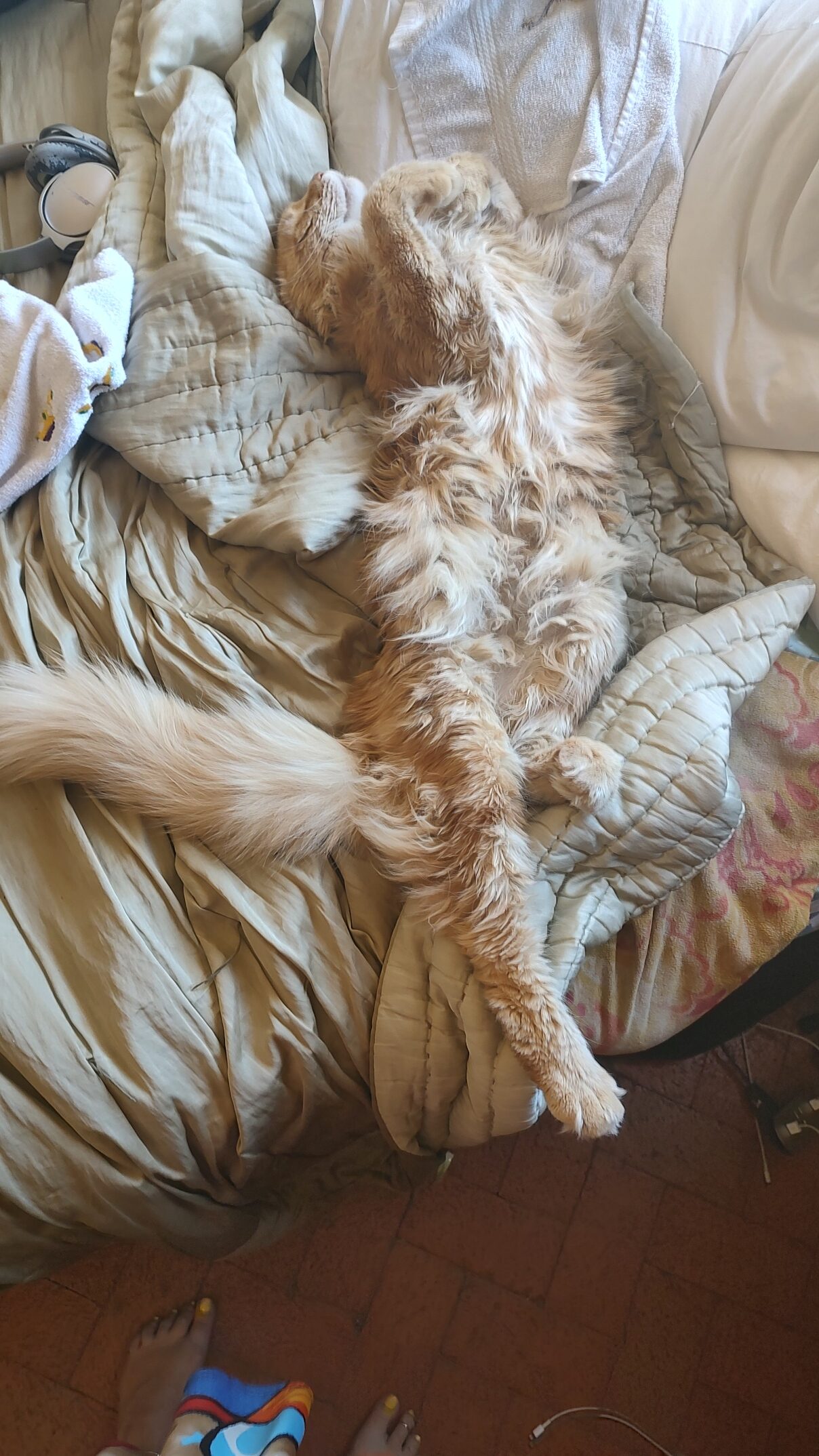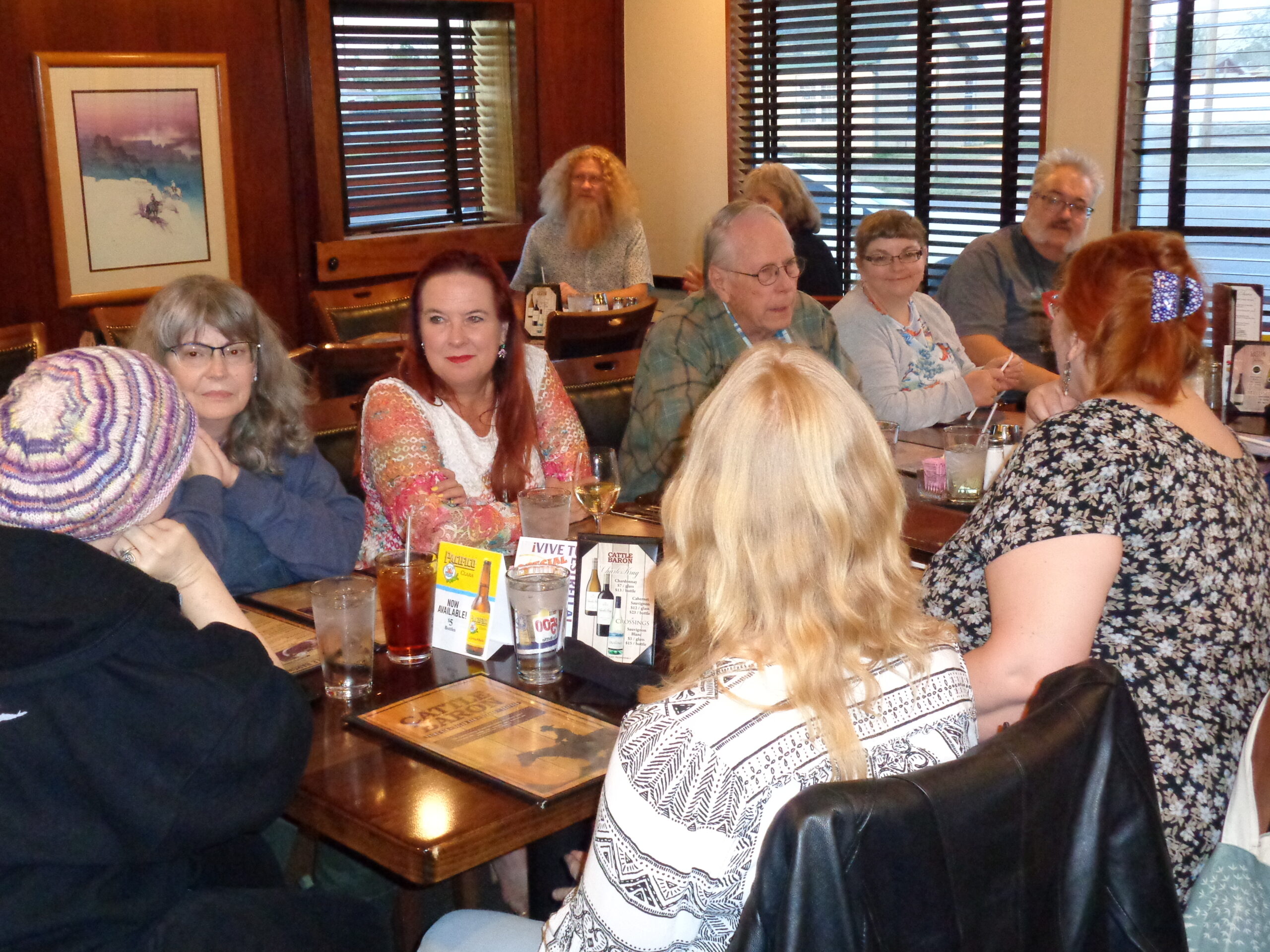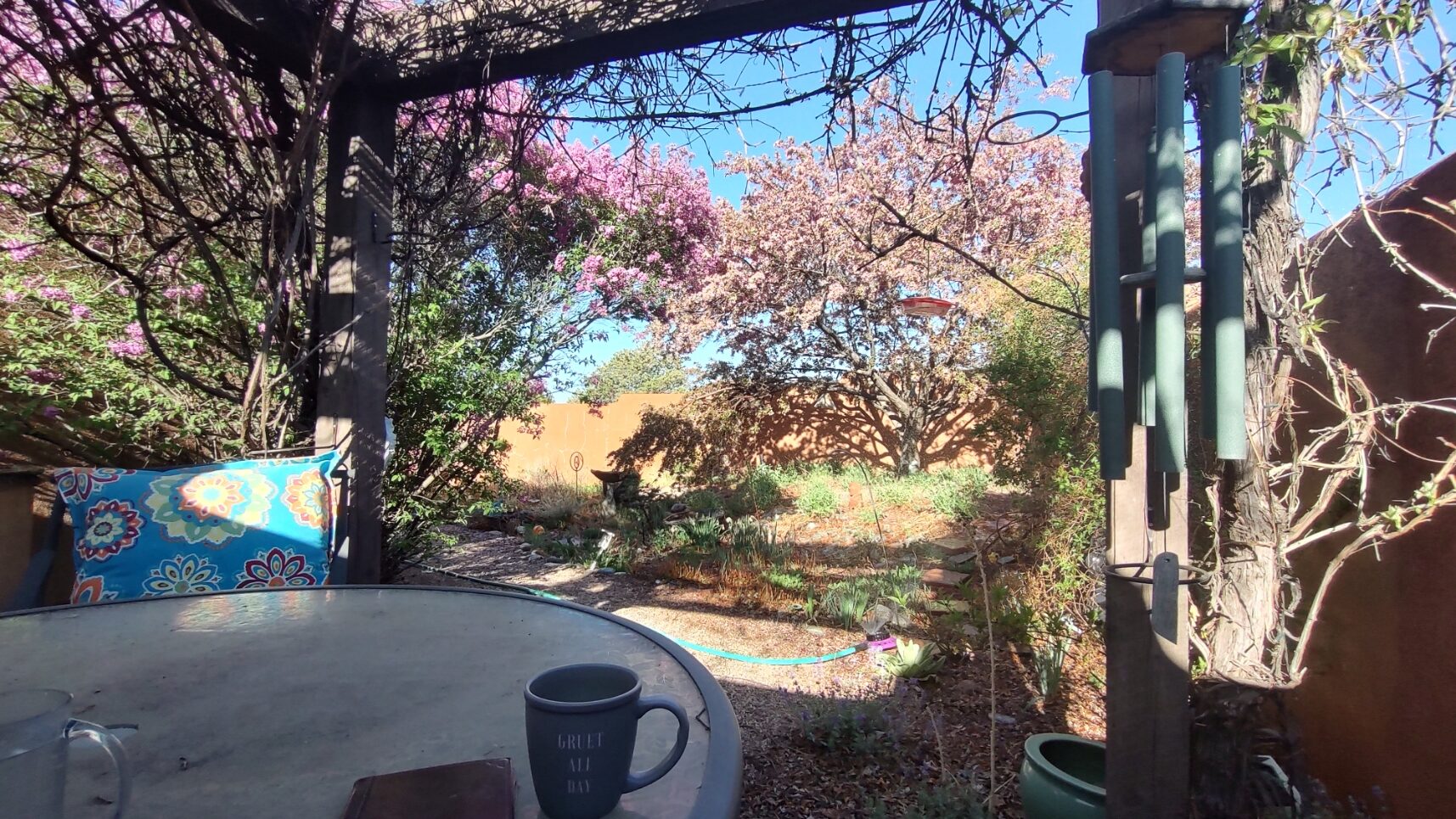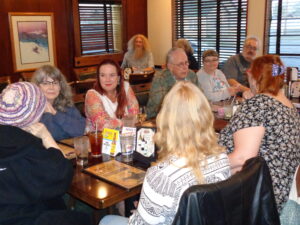
This week at the SFF Seven, we’re talking about our revision process.
I’m running behind, as I seem to eternally be doing these days, and posting this a day late, but I feel it’s important to talk about my revision process to dispel a huge myth about intuitive writers. I feel strongly enough about making this case that I’m using the term “Pantsing,” which I almost never use.
(As an aside, the reason I don’t like that term is that it comes from “to fly by the seat of your pants,” which implies a lack of control that I think comes from the pre-plotting end of the spectrum. Writing without outlining beforehand does not mean having no control of the story. It also doesn’t mean that intuitive writers don’t plot. All writers plot; otherwise there wouldn’t be a story. The difference lies in whether we determine the plot before writing or during it.)
A consistent message I hear from those espousing pre-plotting is that writing a book without creating an outline first leads to many blind alleys, cutting huge chunks of prose, and spending even longer on revision. While this can be true of some writers – which is fine! Figure out what your process is and own it, I always say – this is not true of me.
Intuitive writers like myself have often internalized story structure. We know how to write the novel without resorting to external guideposts like an outline. I also think that I draft faster by writing intuitively, by submersing myself in the creative flow of the subconscious. It takes me typically 55-60 working days to draft a novel of 90-100K words. Then I spend about 14 working days revising. I typically cut 1-2K words in revision and add ~10K.
Explaining everything I do in revision would take longer than I have in this blog post, but in essence, my process is this:
- Write the story beginning to end, skipping nothing, never jumping ahead.
- Revise from the beginning. This involves:
- layering in foreshadowing and other clues for stuff I figured out along the way and about the ending.
- smoothing character arcs
- removing extraneous information, red herrings, doorways to routes I didn’t follow, tweaking word choices.
- When done, I read out loud one more time to catch any consistency errors or clunky wording.
And that’s all she (I) wrote!
